
The Ministry of Environment, Science, Technology and Innovation (MESTI) supported by the Deutsche Gesellschaft für Internationale Zusammenarbeit (GIZ) GmbH has held the inception technical workshop for the “Environmentally Sound Disposal and Recycling of E-waste in Ghana” Programme in Accra.
With an approved budget of 15 million EUR from the German Government, the “Environmentally Sound Disposal and Recycling of E-waste in Ghana” programme supports MESTI to improve the conditions for sustainable management and disposal of e-waste in the country.
About 5 million EUR has been provided as technical cooperation through GIZ and 10 million EUR as financial cooperation through the KfW Development Bank. In addition, the German Federal State of North Rhine-Westphalia supports the establishment of a health post at Old Fadama for scrap workers through GIZ.
Besides high-level representatives from the public sector, including the Environmental Protection Agency (EPA) and Accra Metropolitan Assembly (AMA), the workshop was attended by representatives from academia, waste management and recycling companies, retailers in the trade as well as the informal sector, including the Greater Accra Scrap Dealer Association.
During the workshop and noting that the presence of top stakeholders in the sector is a strong testimonial for the commitment to advance E-waste management in Ghana, Chargé d’Affaires, Bernhard Abels said that Ghana is fast becoming a beacon in West Africa in electronic waste management owing to the passing of the “Hazardous and Electronic Waste Control Act” in 2016.
He added that the German Government will do its best to support this law’s implementation through technical and financial cooperation.
The Hon. Minister of Environment, Science, Technology and Innovation, Prof. Kwabena Frimpong-Boateng stressed the importance of tackling e-waste challenges.
“Working on sustainable solutions for e-waste management allows us pursue the different development goals of the country”, he said. “Sustainable e-waste management will reduce environmental pollution and health risks to the population. Furthermore it will contribute to improving the working conditions of many scrap dealers and enhance the development of recycling industries in the country, which will further provide much needed employment opportunities for people making a contribution to the economic growth in the country”, he explained.
The different stakeholders articulated the challenges they are facing in the sector and gave their recommendations for a successful implementation of the Programme. Based on this, priorities for action could be identified. Alan Walsch, Country Director of GIZ Ghana empathised on the programme’s multi-stakeholder approach involving national and local government institutions, private companies and the informal sector.
“All stakeholders, including the ones making their livelihood of e-waste, need to be part of the solution.” The consultation of stakeholders will be an ongoing process throughout the implementation of the programme, which is determined until January 2020.
thebftonline.com
Read Full Story

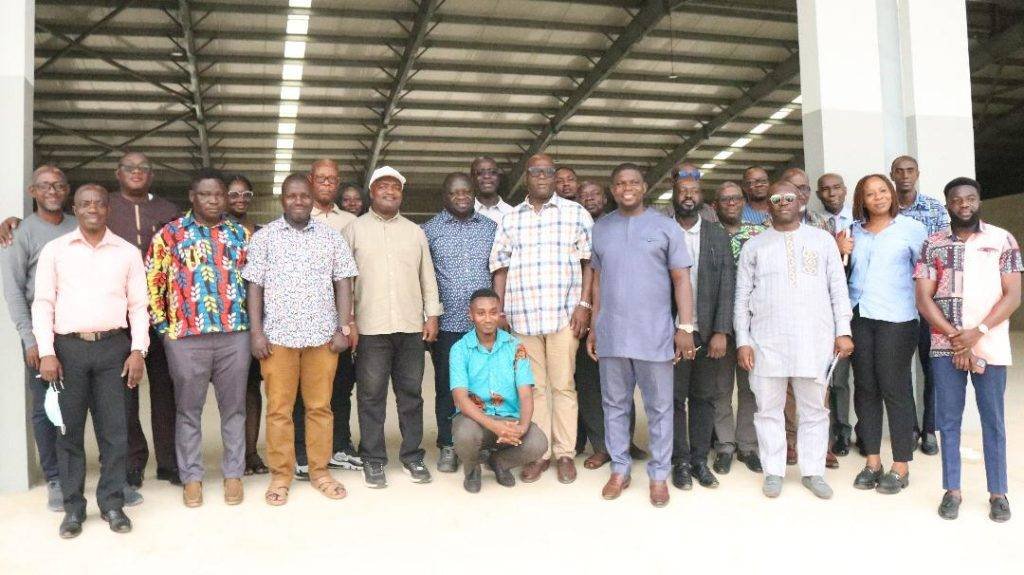
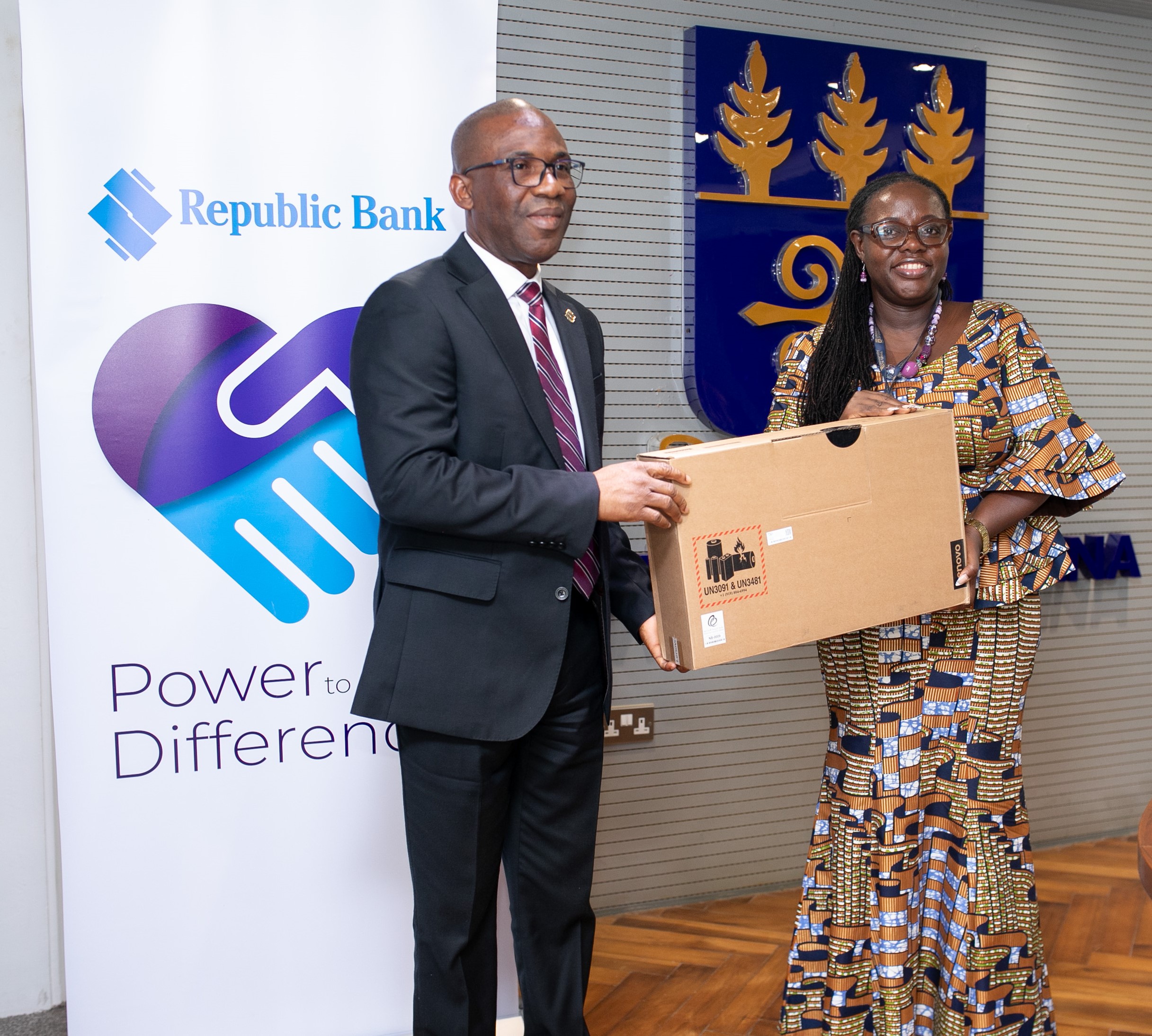

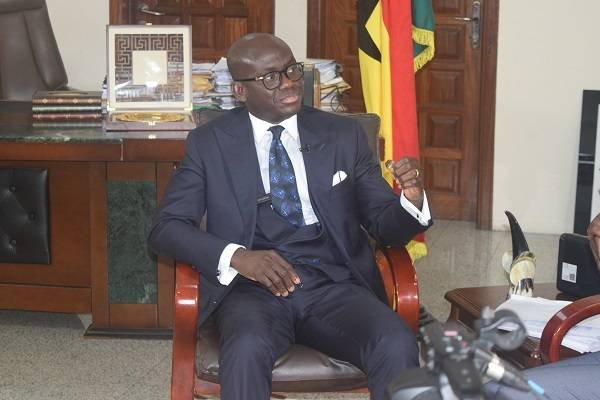


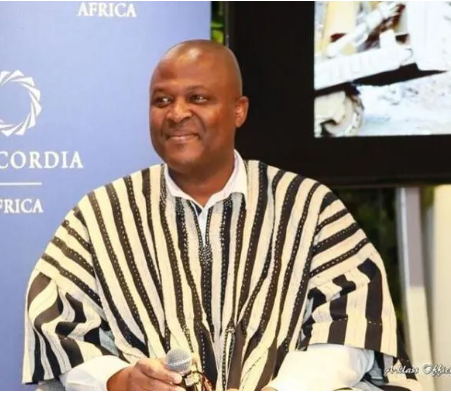
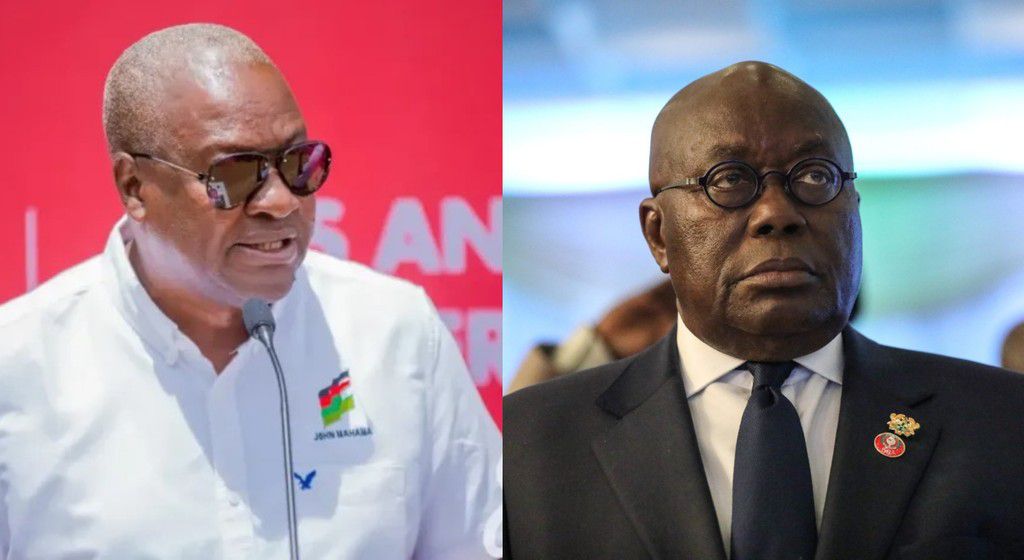



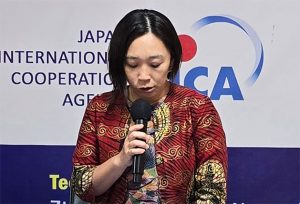
Facebook
Twitter
Pinterest
Instagram
Google+
YouTube
LinkedIn
RSS